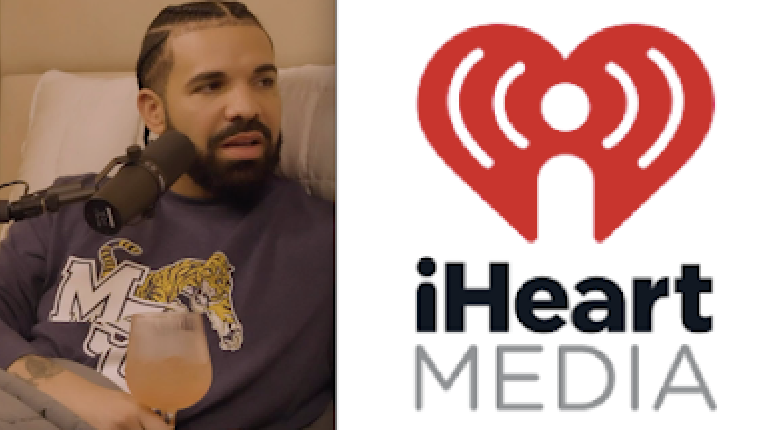Drake Reaches Settlement with iHeartMedia Over Payola Allegations
In a notable development within the music industry, Canadian rapper Drake has successfully settled his legal dispute with iHeartMedia, a move that underscores the ongoing scrutiny around payola practices in radio promotion. This settlement comes amidst a year filled with legal challenges for Drake, highlighting the complexities of his relationship with major record label Universal Music Group (UMG) and the broader music landscape.
Background of the Legal Battle
Drake, known as "the 6God," previously accused iHeartMedia of accepting illicit payments, commonly referred to as payola, from UMG to promote the diss track “Not Like Us.” The allegations suggest that the track was unfairly pushed to the forefront of radio programming due to undisclosed financial agreements, raising ethical questions about the integrity of music promotion practices.
As reported by the Associated Press, both parties reached an amicable agreement, although the specific terms of the settlement remain undisclosed. The phrase “often means one party wrote another party a check” reflects the commonality of cash settlements in these types of legal disputes, although neither Drake nor iHeartMedia provided detailed statements beyond the acknowledgment of the resolution.
Statements from Legal Representatives
Drake’s attorney commented on the settlement, stating, “We are pleased that the parties were able to reach a settlement satisfactory to both sides, and have no further comment on this matter.” This statement emphasizes a desire to move forward without digging deeper into the friction that led to the legal conflict.
This settlement follows a significant defamation lawsuit filed by Drake against UMG earlier this year, wherein he alleged the label distributed "Not Like Us" with knowledge of the false and damaging claims the song contained. Drake contends that UMG’s actions not only misrepresented him but also amplified the song’s financial success, suggesting that the labels prioritize profit over artist integrity.
The Broader Implications of the Settlement
This resolution between Drake and iHeartMedia is not just a legal victory for the rapper; it may also signal important changes within the music industry concerning the ethics of payola and promotional practices. The original lawsuit, filed in November, reflects a growing scrutiny of how music is marketed and the potential influences of financial arrangements on airplay decisions.
Drake’s ongoing battle against what he deems harmful practices in the industry aligns with broader discussions surrounding accountability in media and music promotion. The nature of the music industry, often riddled with intricate financial dealings, is under increasing examination as artists like Drake use legal channels to confront practices they believe undermine their work and reputations.
Conclusion: The Significance of the Case
The settlement marks a pivotal moment in Drake’s continuing efforts to address the promotion of his music and its potential ties to controversial practices such as payola. As the music industry evolves, cases like these highlight the urgent need for transparency and fairness, which could pave the way for future artists seeking to challenge similar practices.
The implications of this case extend beyond Drake’s personal battles; they embody a collective demand for ethical standards in the industry, ensuring that artists receive the recognition and treatment their work deserves. As more artists choose to challenge existing norms, the music landscape may experience significant shifts towards accountability and integrity in promotion.
For listeners wanting to catch up on Drake’s latest work and the disputed track “Not Like Us,” more information can often be found on major music streaming platforms and through official music channels.









